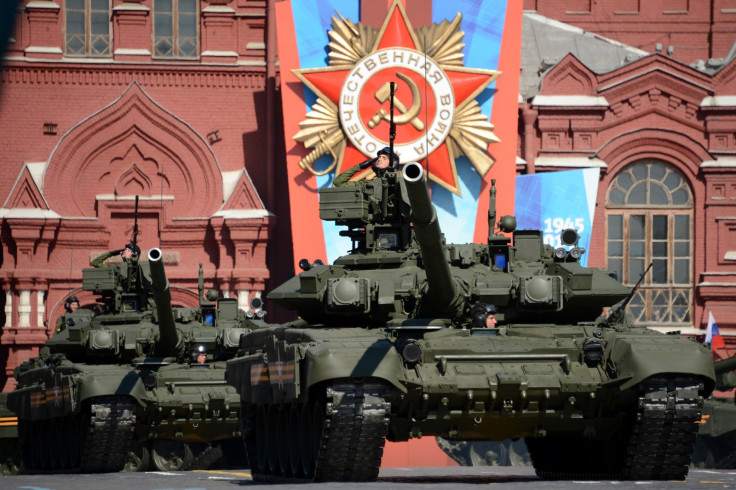Admiral warns against further UK military spending cuts, as Russian military spending soars
Admiral Lord West said further cuts to the UK military budget would be 'madness'

A British admiral has described Russia's surging military expenditure as "extremely worrying", with the Kremlin set to increase its spending on equipment including jets, submarines and missiles by 33 per cent, while the UK has slashed its military budget by 9%.
Admiral Lord West of Spithead told the Sunday Times that it would be "madness" if UK defence spending was to be further cut by the next government, after reports that while Russia was set to cut spending on most government spending by 10%, military spending would be boosted by 3.3 trillion rubles ($50bn), or 4.2% of the country's GDP, reports AP.
The spending is part of a 9 year, 20 trillion ruble project to modernise Russia's armed forces by 2020, by purchasing 2,300 new tanks and 1,200 new helicopters and planes.
The UK's defence budget has been slashed by 9% by the current government during its five-year term in office.
"Basically he [Russian president Vladimir Putin] has put his economy on war footing," Lord West, the former head of the Royal Navy, said.
"This is new-build [equipment] and it's highly capable, and we shouldn't dismiss it lightly."
After Russia's war with Georgia in 2008, Putin ordered an overhaul of Russia's armed forces, with defence spending by 35% in real terms between 2011 and 2014, according to the International Institute for Strategic Studies.
A range of new weapons is expected to be unveiled at Russia's May 9 Victory day parade in Moscow, which marks the Soviet Union's victory over Nazi Germany.
Among the equipment expected to be showcased are 194 armoured military vehicles, 150 aircraft and helicopters, and Russia's new tank, the Armata.
The UK's defence spending is set to fall below the Nato benchmark level of 2% of GDP this year, according to a report by the Royal United Services Institute, with the figure expected to be 1.88% of GDP.
Since the Ukraine crisis last year, tensions between Russia and the West have ratcheted.
In January, in the latest of a series of such incidents, Russian military aircraft disrupted civil aviation flights after skirting UK airspace.
Foreign secretary Philip Hammond said that the UK was concerned about the "extremely aggressive" probing of its airspace by Russia.
© Copyright IBTimes 2025. All rights reserved.





















